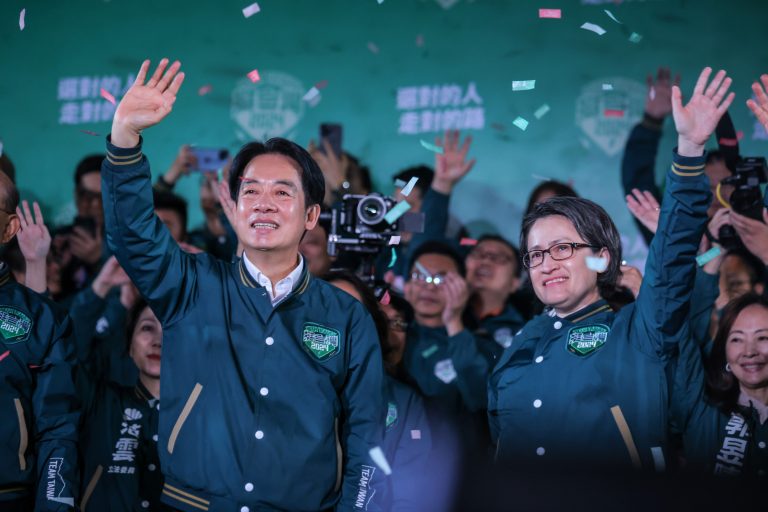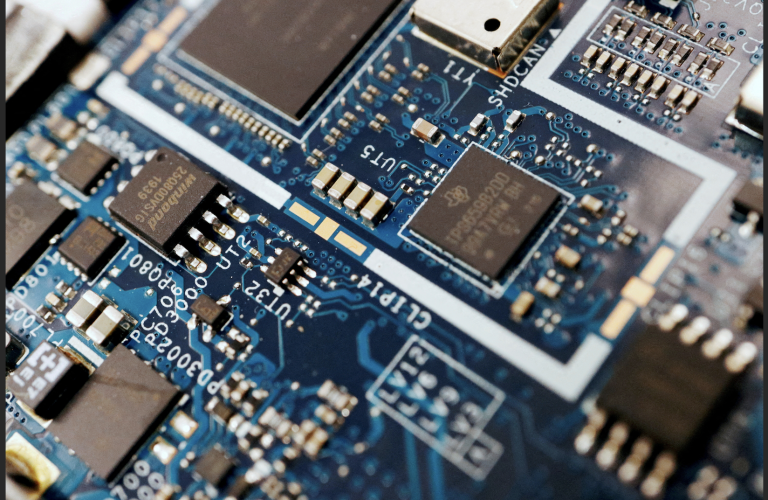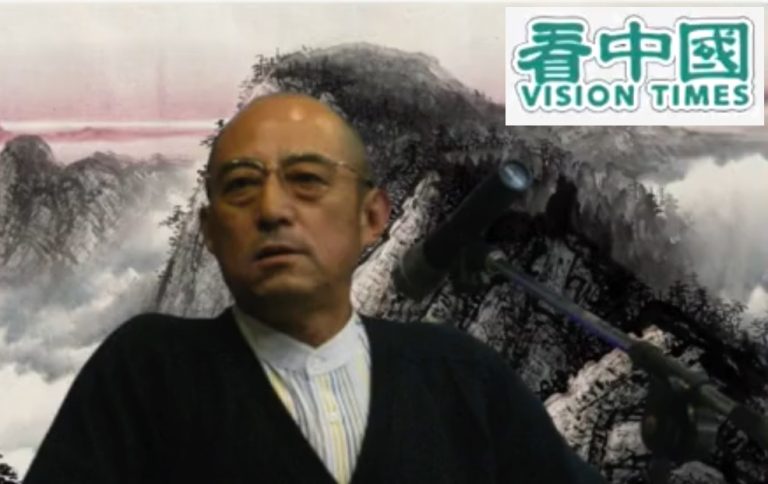William Lai Ching-te, the current vice president of Taiwan, was elected the island’s next president in a closely watched election on Jan. 13, giving his Democratic Progressive Party (DPP) another four years in office and affirming its diplomatic stance in the face of persistent threats from Communist China.
Lai, a miner’s son who was trained as a doctor, ran on a platform of continuing the policies of sitting president Tsai Ing-wen, who sought to distance Taiwan from Beijing and strengthen international trade and partnerships to decrease Taiwan’s economic dependency on mainland China, while boosting its diplomatic position.
“Between democracy and authoritarianism we will stand on the side of democracy, the Republic of China, Taiwan will continue to walk side by side with democracies from around the world,” Lai said in his victory speech, using Taiwan’s official name.
- Under Beijing’s Shadow, Taiwan Heads to the Polls to Elect a New President and Parliament
- Lai Ching-te Elected President of Taiwan
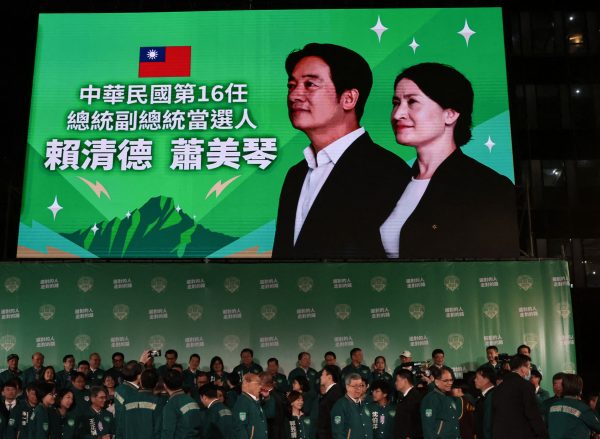
The DPP garnered over 5.5 million votes, or 40 percent of the total, beating out the opposition Chinese Nationalist Party (Kuomintang) by nearly 7 percent. Around 4.5 million ballots went to the Kuomintang’s Hou Yu-ih, while 25 percent of voters picked a third candidate, Ko Wen-je of the newly formed Taiwan People’s Party (TPP).
Lai and his running mate, Hsiao Bi-khim, will take office on May 20, replacing Tsai Ing-wen, who has already served two terms, the most she is constitutionally allowed.
Staying vigilant
Success
You are now signed up for our newsletter
Success
Check your email to complete sign up
The election results demonstrate the continuing wariness of the Taiwanese populace towards the communist Chinese regime, which has in recent years stepped up its aerial and naval harassment of Taiwan and tried to use economic coercion and other means to influence Taiwanese politics.
Taiwan occupies an awkward international position, with its government and then-dictatorial Kuomintang party having retreated from mainland China in 1949 after losing a lengthy civil war with the Chinese Communist Party (CCP).
Adding insult to injury, in 1971 the ROC lost its right to represent China in the United Nations, which turned over the seat to the communist People’s Republic of China (PRC). Beijing uses the U.N. decision to claim that Taiwan is part of its sovereign territory, despite having never governed the island that lies about 100 miles from the southeastern Chinese coast.
- Beijing Deploys Spy Balloons Over Taiwan, Escalating Tensions Ahead of Key Elections
- Nauru Ditches Taiwan in Favor of Communist China Just Days After Taipei Elects New President
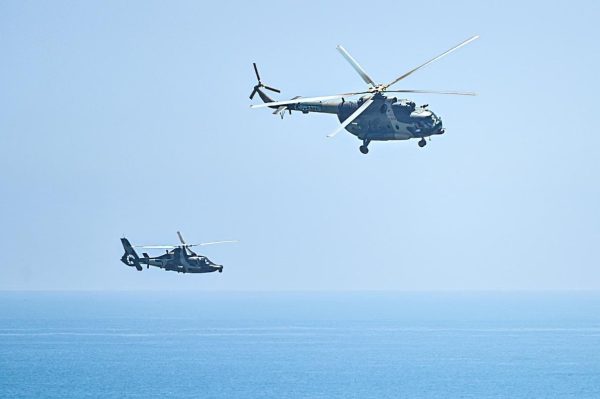
The DPP, which champions a separate national identity and statehood for Taiwan, won landslide electoral victories in 2016 and 2020, especially in the later election which came as the CCP prepared to crush civil freedoms in the former British colony of Hong Kong.
In June 2020, months after the election that saw Tsai Ing-wen win her second term with 57 percent of the vote, the CCP imposed a draconian “national security law” on Hong Kong, banning virtually all expression deemed critical of the communist regime.
Tsai, Lai, and his running mate, vice president-elect Hsiao Bi-khim, have somewhat rolled back the DPP’s demand for formal independence, declaring that Taiwan, as the ROC, is already an independent country. Despite this, and though it only has informal relations with most of the world’s countries, Taiwan has been able to significantly boost its international profile over the last decade, while the U.S., Japan, and other allies have increasingly highlighted the need to help Taiwan defend itself in case of CCP aggression.
Meanwhile, the Kuomintang apparently failed to shake its reputation as a pro-Beijing force. Starting in the 1990s, the party’s leaders developed a pro-business approach that saw the prioritization of friendly relations with the Chinese mainland.
Fatal error
In a shift from previous years, both the DPP and the Kuomintang candidates called to strengthen Taiwan’s military defenses, and to engage with mainland China with caution. In the past, Kuomintang figures dismissed the importance of military preparedness, and even criticized it as a move that could needlessly provoke the CCP.
Further, 2024’s Kuomintang candidate, Hou Yu-ih, dropped the party’s longstanding commitment to unification, saying that this had to be decided by the people of Taiwan, who increasingly identify themselves as Taiwanese only, rather than Chinese.
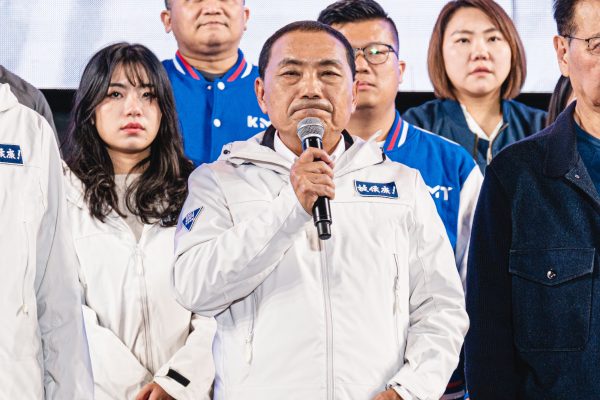
Hou also criticized the “one country, two systems,” framework by which Hong Kong was guaranteed, then stripped of, its special political rights. In addition, the Kuomintang has voiced support for Jimmy Lai, the Hong Kong businessman and independent media mogul who has been imprisoned in solitary confinement under the CCP’s National Security Law.
However, the core of Hou’s policy on cross-strait relations hinged on recognition of the so-called “1992 Consensus,” which the Kuomintang interprets as the ROC recognizing the existence of the PRC and vice versa. For Beijing, though, the Consensus instead means that the Kuomintang has acquiesced to the CCP’s claim to all of China, including Taiwan.
Clinging to this consensus may have made the Kuomintang more amenable to the CCP, but it likely lost the Kuomintang what actually mattered — the votes of the Taiwanese people.
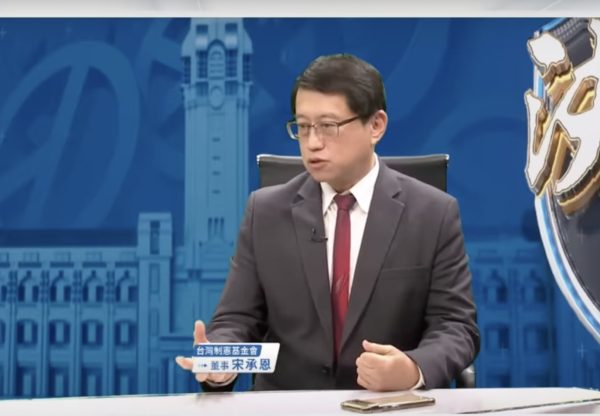
According to Sung Cheng-en, a Taiwanese legal scholar and professor at the National Taiwan University, the Kuomintang’s hopes for productive cross-strait dialogue are “completely empty.”
“It’s just wishful thinking, but whether or not [dialogue] can actually be achieved, whether the CCP can actually be engaged with, and if the results of this engagement are actually acceptable, how Taiwan’s other international partners will see it, it’s all empty,” he said in a program by NTD Television on Jan. 13.
And ironically, while the CCP has lashed out against the “separatist” DPP and tried to influence the election against Lai Ching-te, its actions have had the opposite effect.
“The more pressure the CCP puts on Taiwan, and as the Kuomintang expresses a warmer attitude towards Communist China, the number of votes it receives shrinks,” said Ming Chu-cheng, professor emeritus of NTU’s political science department, on the same television program.
Adding fuel to the fire, former ROC President Ma Ying-jeou, a Kuomintang figure who championed close ties with Beijing, made controversial statements on the eve of the election, telling Deutsche Welle that the people of Taiwan ought to trust CCP leader Xi Jinping when it came to maintaining peace across the Taiwan Strait.
Ma was disinvited to a Kuomintang campaign event the day before the election, many felt the damage was done.
Tai Ming-yi, a Taiwanese living in New York for 50 years who applied for and received her ROC citizenship to participate in this year’s election, told The Epoch Times that Ma’s call to “trust Xi Jinping” drove many would-be Kuomintang supporters to the DPP.
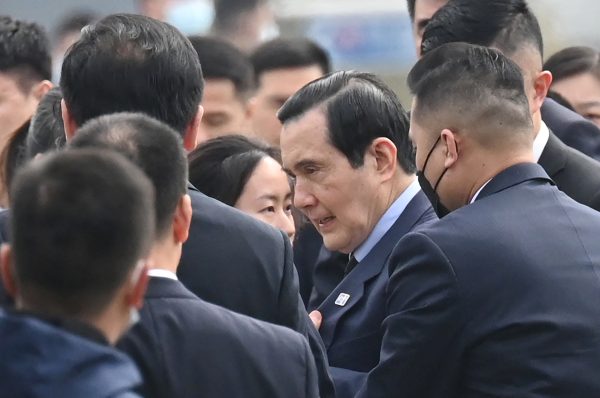
“Among my old classmates, there are some who changed their vote simply because of what Ma Ying-jeou said. After they cast their ballots, they told me that they voted for Lai Ching-te.”
In a separate interview with The Epoch Times, sister media to NTD Television, Ming said that no matter what their party affiliations, politicians in Taiwan had to work together as rivals within a democratic system, not see each other as enemies, lest they become unwitting tools of the CCP.
“If the [Communist Party] can ensure that the DPP and Kuomintang camps continue their infighting, they can forever keep [the Taiwanese] from seeing the communists’ deeper conspiracy and stratagem.”
Opposing communism: the only chance for a comeback
Prof. Ming noted on the Jan. 13 NTD Television program that contrary to popular perceptions, a voter’s family background did not play a decisive role in determining which candidate they would choose.
In analyzing the breakdown of Taiwan’s voters and their family backgrounds, Ming observed that many “benshengren,” that is, Taiwanese whose forefathers had left China hundreds of years ago up to 1949, nevertheless voted for the Kuomintang, which is more strongly associated with “waishengren,” or those who emigrated with the ROC government in 1949 from the mainland as it fell to the communists.
Likewise, many “waishengren” voted for the DPP or the TPP, Ming said.
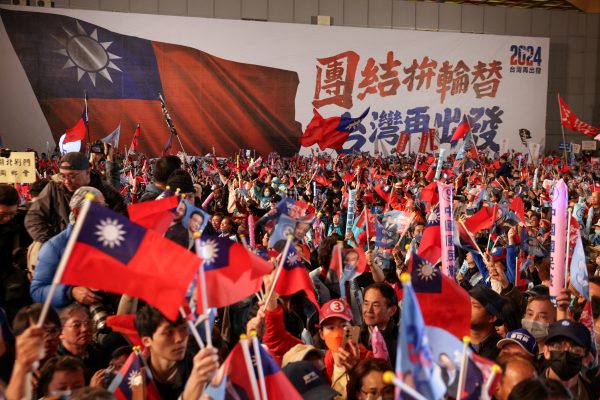
Victor Cao, a resident of New York originally from China who identifies with the ROC, praised Taiwan’s democratic process and said that if the Kuomintang wants to win in the next elections, it must completely drop its pro-Beijing posturing.
He pointed to the Kuomintang’s gains in the Legislative Yuan, Taiwan’s 113-seat parliament, as showing that there was still popular support for the party.
“I want to advise the Kuomintang. If you want to win in 2028, don’t criticize the DPP anymore. You should criticize the CCP. You should criticize the CCP’s so-called ‘1992 Consensus,’ which is the [communist] One China principle.”
He added in his comments to The Epoch Times that not only was there support for the Kuomintang in Taiwan, but also many mainland Chinese support the ROC, rather than the CCP, which in its war against the Kuomintang killed countless Nationalist officials, including those who had served China in the resistance against Japan in World War II.
“If the Kuomintang truly cares about the Republic of China, instead of criticizing the DPP, it should criticize the CCP — the greater its criticism, the more votes it will get, and the more international support it will gain,” he said.



